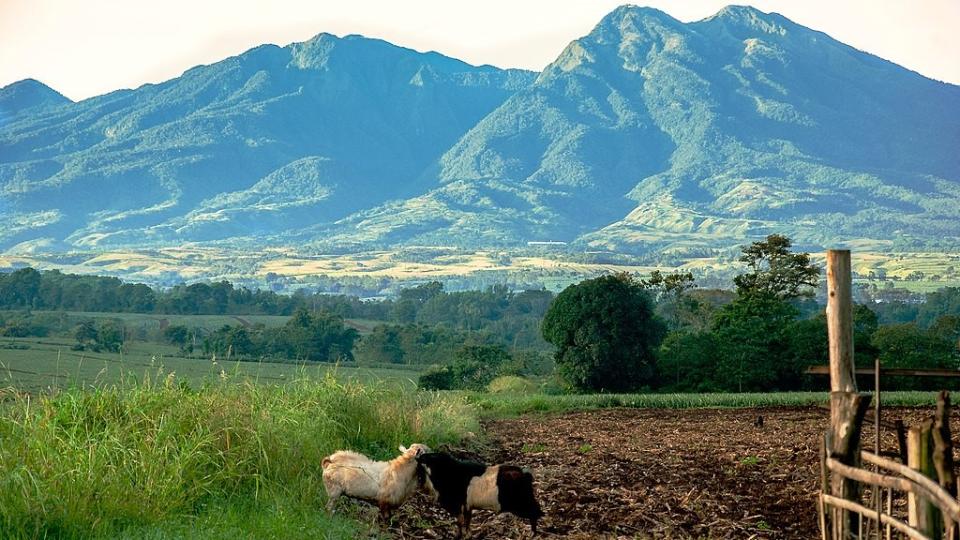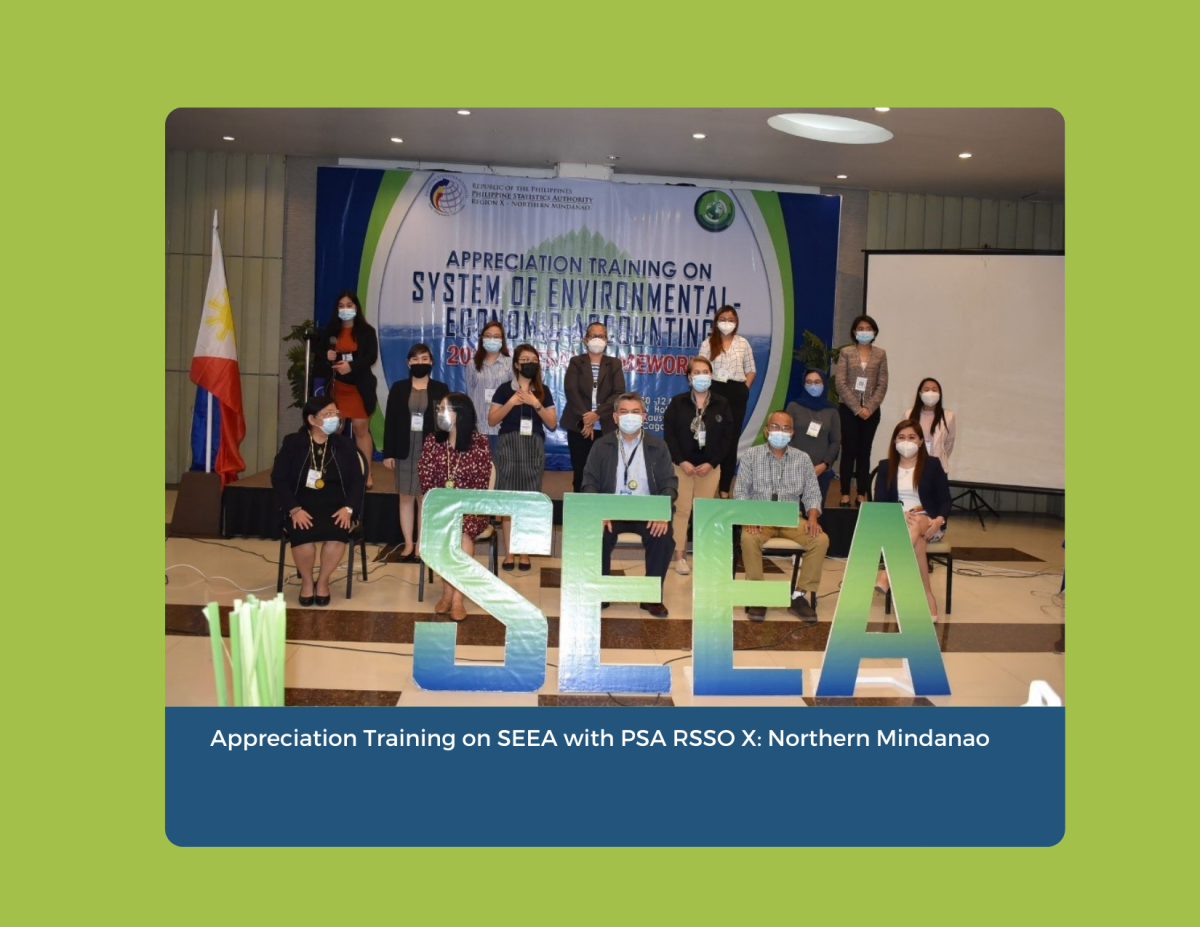Towards Institutionalizing the SEEA at the Subnational Level for Policy Development in the Philippines

Photo: Francisco M. Pajares, Jr., CC BY-SA 4.0
The Philippine Statistics Authority (PSA), with its mandate to compile the environmental accounts in the Philippines has embarked on the development of environmental accounts at the subnational level to guide policy and decision-making in pursuit of managing and conserving their natural resources as well as to take care of their environment and ecosystems.
In 2021, the Philippine Statistics Authority conducted three batches of the Appreciation Training on the System of Environmental-Economic Accounting 2012 Central Framework (SEEA-CF). The activities aimed to initiate the compilation of sub-national environmental accounts in three regions namely: (1) Northern Mindanao Region; (2) Cagayan Valley Region; and (3) CALABARZON Region.
The trainings were successfully conducted amidst the pandemic with on-site and online participants from the PSA regional offices and from partner agencies such as the Department of Environment and Natural Resources (DENR) and its bureaus, Department of Agriculture (DA) and its attached agencies, and the National Economic and Development Authority (NEDA), among others.
The training served as an opportunity to discuss not only the concepts in the SEEA-CF but also to assess the data availability at the subnational level, to recognize the concerns of the regions in terms of environmental policy, and to identify the priority environmental accounts to be developed.
Furthermore, the training provided the opportunity for three pilot regions, namely: Cordillera Administrative Region, Caraga Region, and Central Luzon, to share their experiences in the compilation of regional environmental accounts. These three regions started in previous years the compilation of asset accounts for minerals, land and timber, as well as, flow accounts for water.
One of the objectives of the appreciation training is to establish rapport and coordination between the PSA, data source agencies, and implementing agencies.
These developments pave the way towards institutionalizing SEEA accounting at the sub-national level for all 17 regions of the Philippines by 2025.

Article and photo contributed by:
Vivian R. Ilarina, Virginia M. Bathan, Faith Lea Cabrera and Jonel Jake Galinato
Philippine Statistics Authority, Philippines
